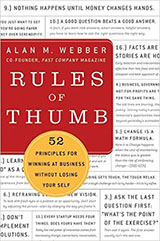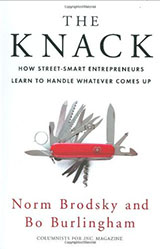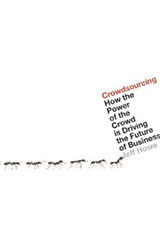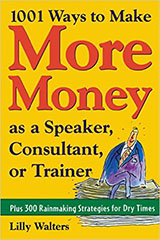My notes on “Rules of Thumb: 52 Truths For Winning At Business Without Losing Your Self” – by Alan M. Webber.
What business are you in?
- If you’re a journalist and you think you’re in the news business, chances are good you’re going to go out of business. News today is a commodity. But there’s a good market for the opinion business or event he funny business (eg Jon Stewart whom recently finished forth in the voting for America’s most trusted source of… news). None of them are in the news business; they’re successful because they are in the ideas-behind-the-news business.
- Learn to see with fresh eyes so you can differentiate your business from the competition.
- Change the way your business sees the market and the way your customers see your business.
- How? Start by asking a different question. Not “what is our product or service?” but “What does our product or service stand for?”
- Eg a supermarket chain could stand for healthier life for customers who are willing to pay more for organic food.
- Eg2 a coffee shop could stand for neighbourliness for the people in its surrounding community who use it as an informal gathering place




